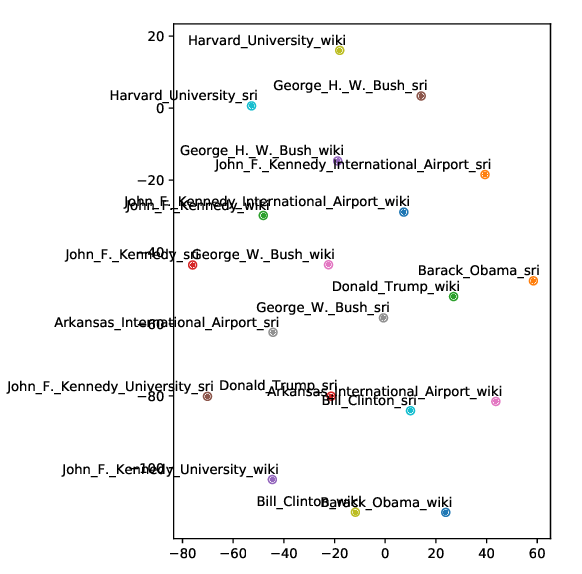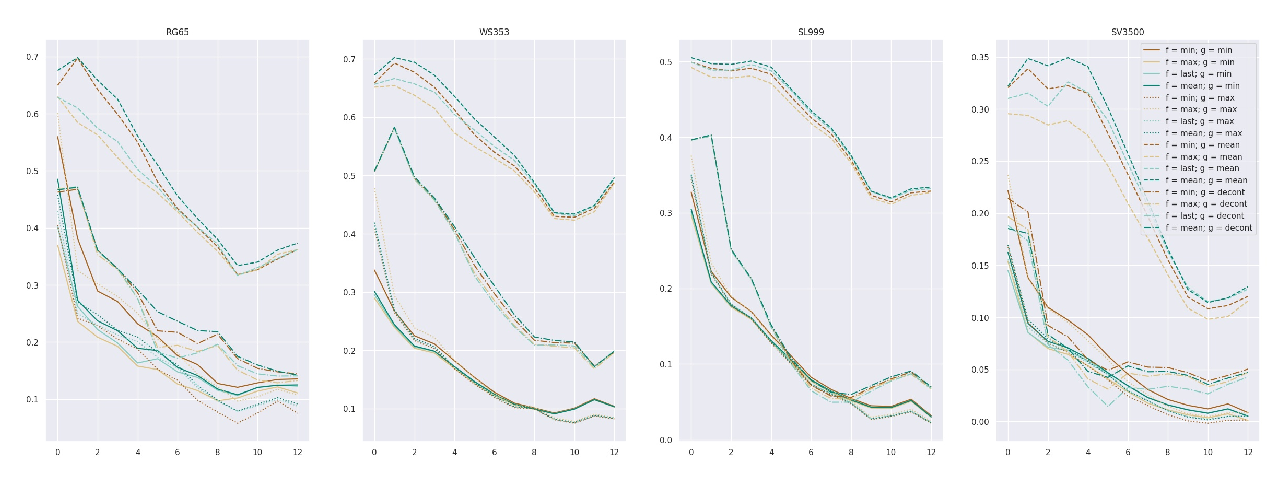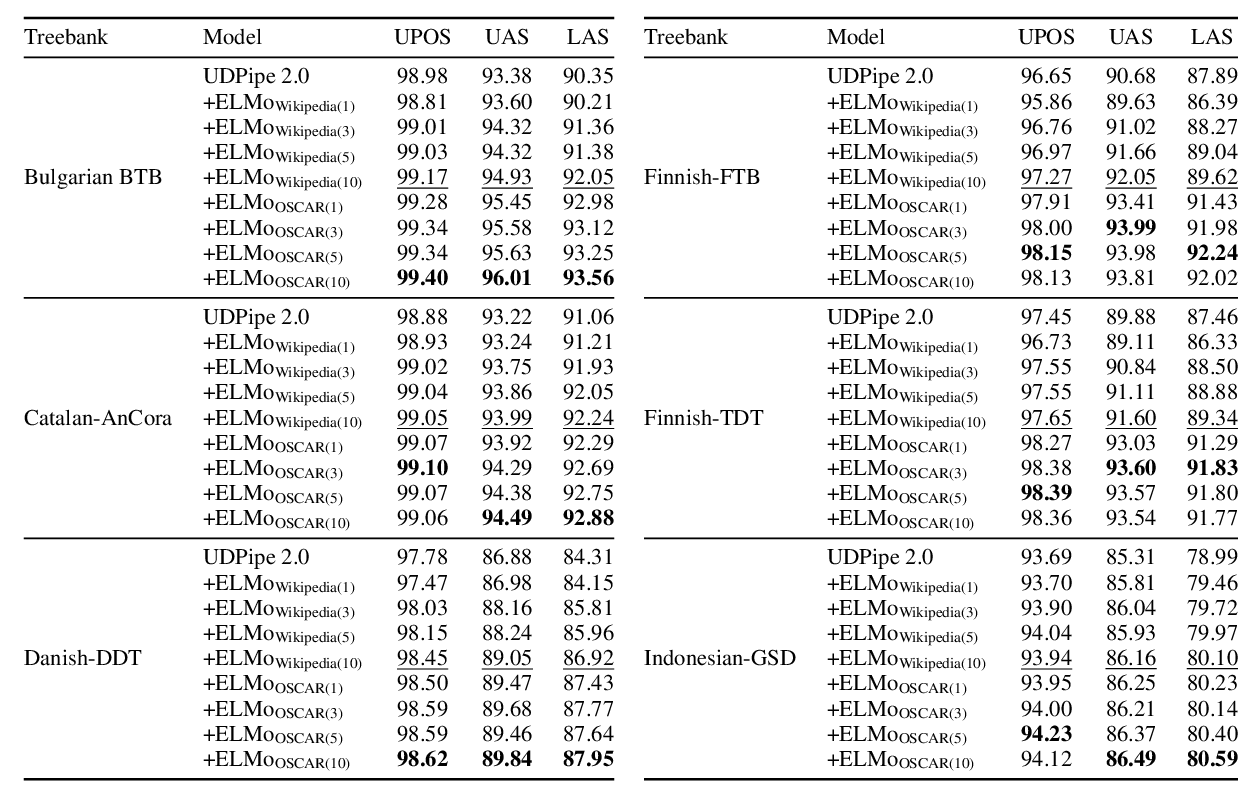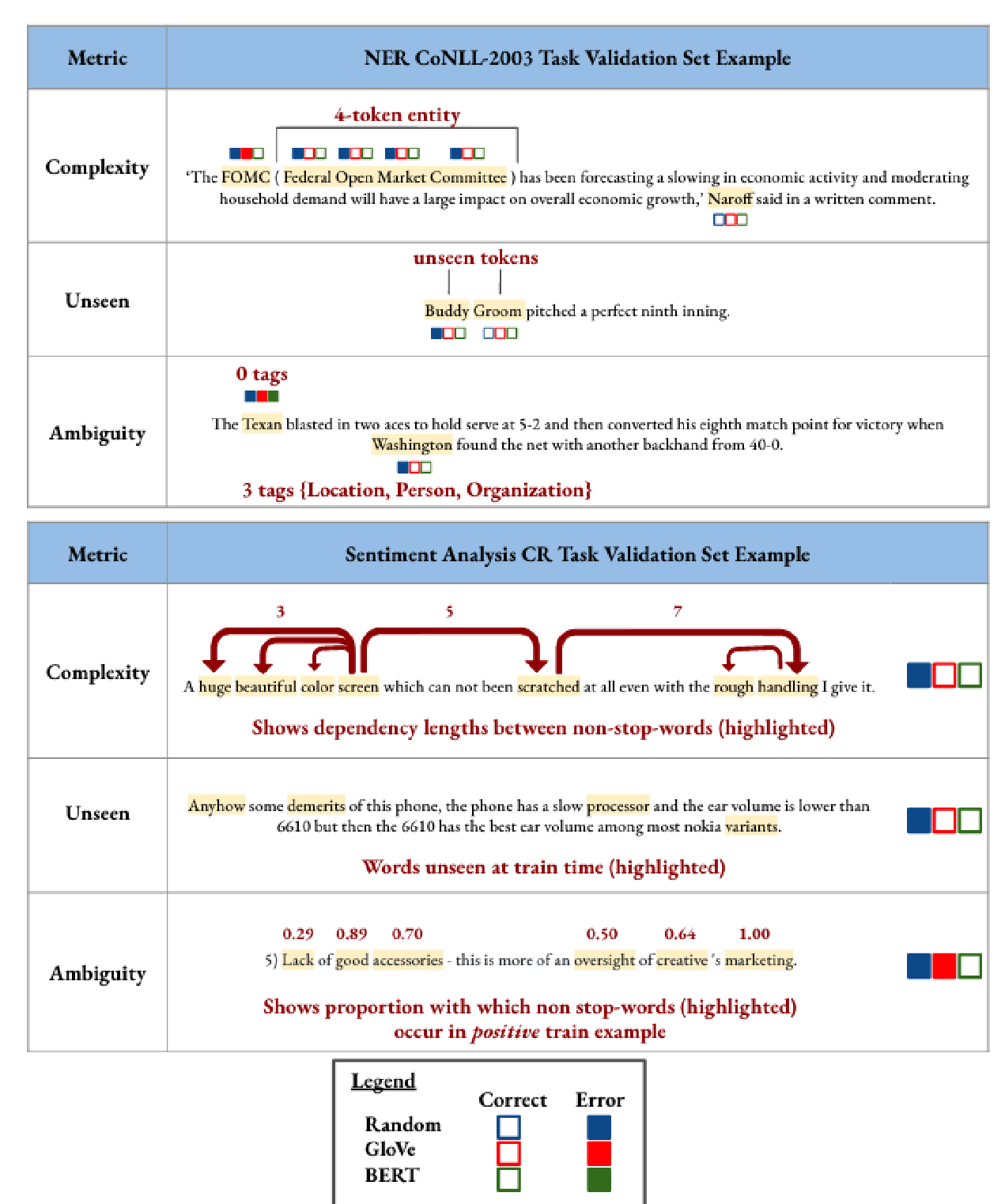Spying on Your Neighbors: Fine-grained Probing of Contextual Embeddings for Information about Surrounding Words
Josef Klafka, Allyson Ettinger
Interpretability and Analysis of Models for NLP Long Paper
Session 9A: Jul 7
(17:00-18:00 GMT)

Session 10A: Jul 7
(20:00-21:00 GMT)

Abstract:
Although models using contextual word embeddings have achieved state-of-the-art results on a host of NLP tasks, little is known about exactly what information these embeddings encode about the context words that they are understood to reflect. To address this question, we introduce a suite of probing tasks that enable fine-grained testing of contextual embeddings for encoding of information about surrounding words. We apply these tasks to examine the popular BERT, ELMo and GPT contextual encoders, and find that each of our tested information types is indeed encoded as contextual information across tokens, often with near-perfect recoverability---but the encoders vary in which features they distribute to which tokens, how nuanced their distributions are, and how robust the encoding of each feature is to distance. We discuss implications of these results for how different types of models break down and prioritize word-level context information when constructing token embeddings.
You can open the
pre-recorded video
in a separate window.
NOTE: The SlidesLive video may display a random order of the authors.
The correct author list is shown at the top of this webpage.
Similar Papers
Improving Entity Linking through Semantic Reinforced Entity Embeddings
Feng Hou, Ruili Wang, Jun He, Yi Zhou,

Interpreting Pretrained Contextualized Representations via Reductions to Static Embeddings
Rishi Bommasani, Kelly Davis, Claire Cardie,

A Monolingual Approach to Contextualized Word Embeddings for Mid-Resource Languages
Pedro Javier Ortiz Suárez, Laurent Romary, Benoît Sagot,

